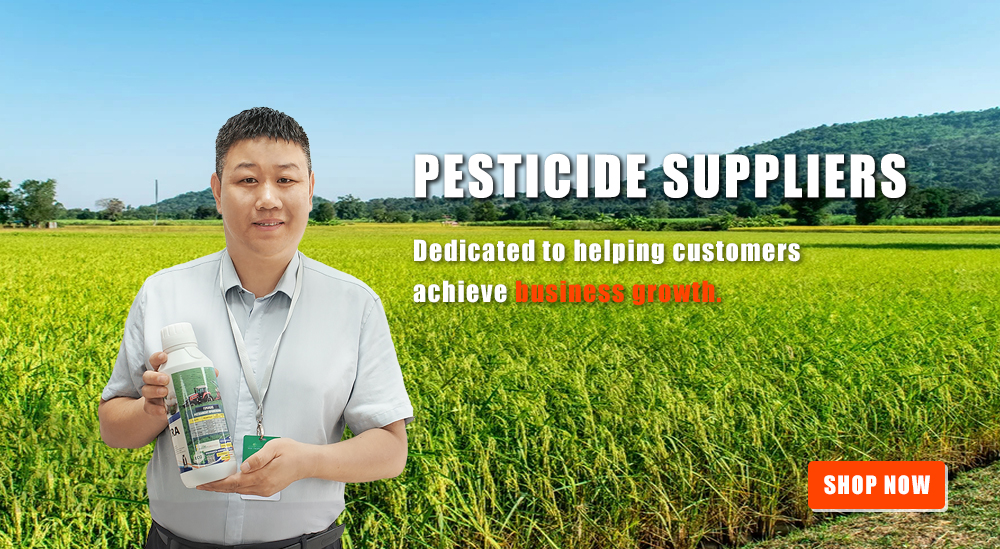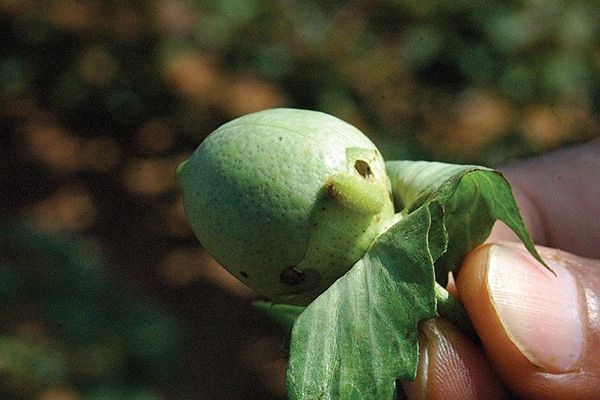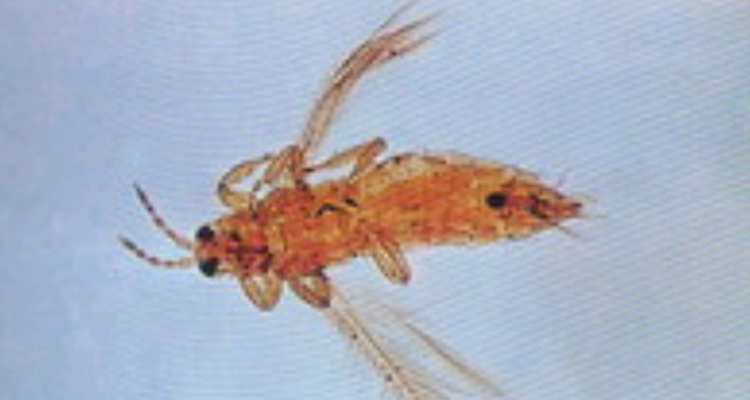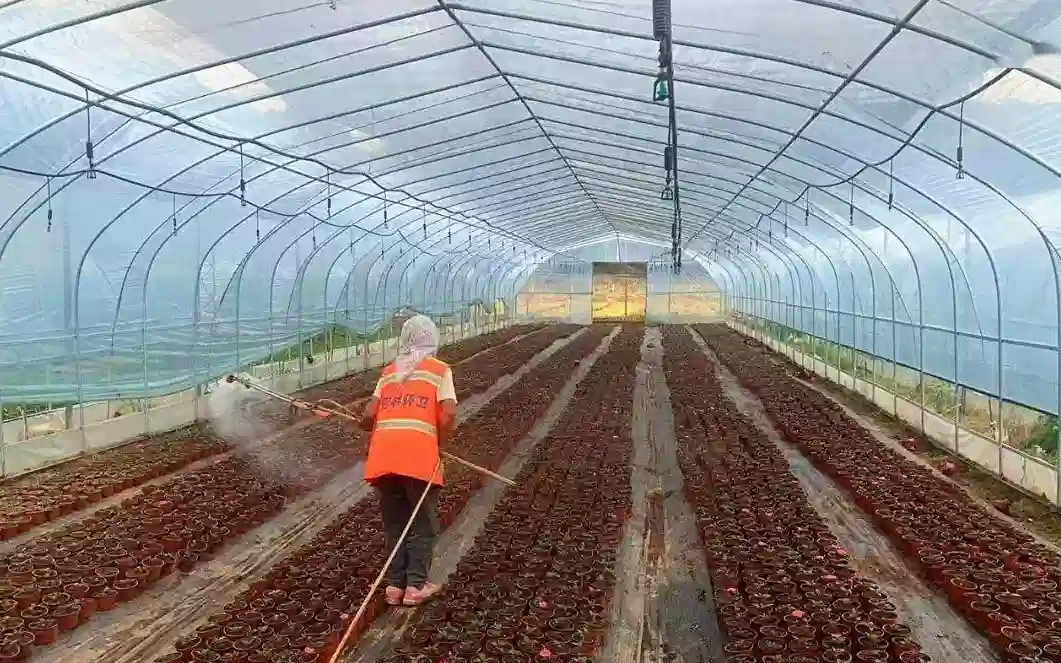
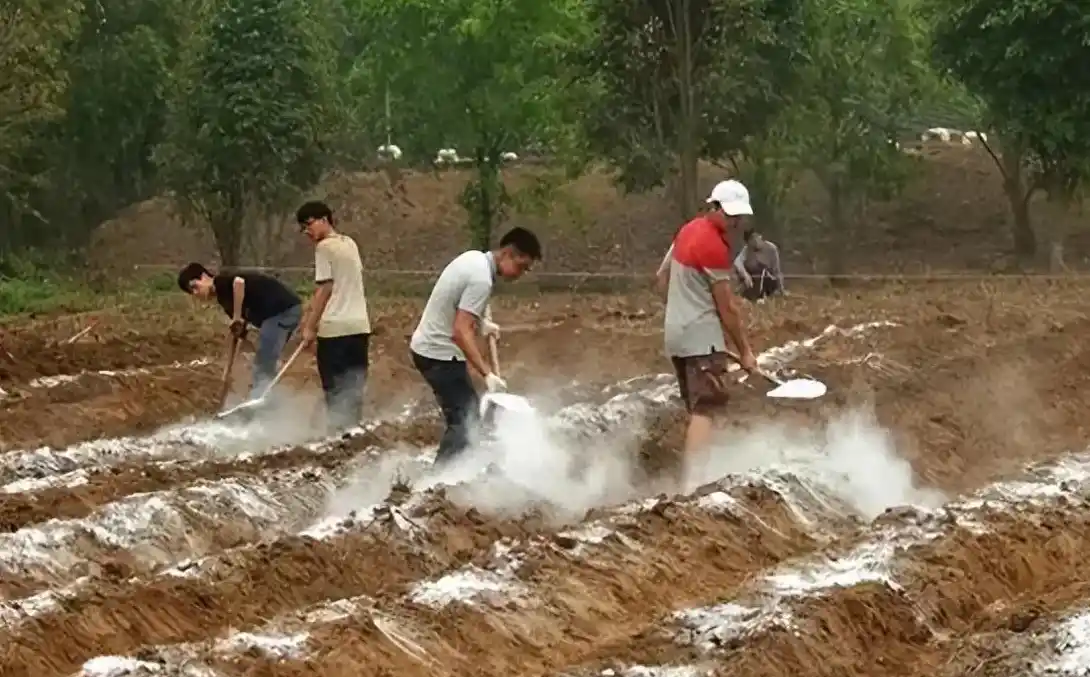
Introduction to Viral Disease Management
Once a plant is infected with a virus, pesticides like moroxydine hydrochloride, chitosan, ningnanmycin, and others can only reduce the disease’s spread or delay its onset. For viral diseases in crops, an integrated and systemic approach is essential. Below are four key strategies for managing crop viral diseases effectively.
1. Reducing Pathogen Levels and Controlling Sources
To minimize the presence of viral pathogens, disinfect seeds before planting. Hot water treatment is not enough to kill seed-borne viruses. For dry seeds, maintaining a constant temperature of 70°C for four days may be necessary to kill some viruses. However, viruses that have penetrated seed embryos may be difficult to eliminate, as temperatures above 70°C can deactivate the seed. A common practice is to soak seeds in a 10% trisodium phosphate solution for at least 15 minutes to neutralize the virus and reduce the risk of disease during the growing season.
If viral disease appears in the field, infected plants should be removed and destroyed. Disinfect tools to prevent the spread of the virus. Using virus-free seedlings or virus-eliminated seedlings is another way to control the source of infection.
2. Altering the Virus’s Environment
Most viruses cannot survive long in the air, as they are vulnerable to heat and strong UV light. Good sunlight and moderate high temperatures can make the environment unsuitable for viral survival. Agricultural practices like fumigation, field sanitation, and sun sheltering can help change the environment, reducing the virus’s ability to spread.
3. Boosting Crop Immunity and Protecting Susceptible Plants
Improving crop health is one of the most effective ways to prevent viral infections. By avoiding stress factors like drought, flooding, heat, or cold, plants can maintain their immune defenses. A healthy crop is less likely to succumb to viral diseases. Promoting robust growth while controlling excessive growth (apical dominance) helps protect uninfected plants.
Growth regulators like humic acids, amino acids, chlormequat chloride, and paclobutrazol can aid in controlling growth and protecting plants from stress. Cytokinins such as 6-benzylaminopurine and forchlorfenuron are commonly used to support healthy crop development.
4. Blocking Transmission Routes
To prevent viral spread, insecticides should be used to eliminate pests like thrips, aphids, and leafhoppers, which are common virus carriers. Additionally, practices like pruning and leaf removal should be done on sunny days to allow wounds to heal quickly, reducing the chances of infection by viruses, bacteria, or fungi.
Conclusion
The management of viral diseases in crops requires a systematic approach. Reducing pathogen levels, modifying the environment, enhancing crop immunity, and blocking transmission routes are all critical strategies. By integrating these practices, the spread of crop viral diseases can be effectively controlled.
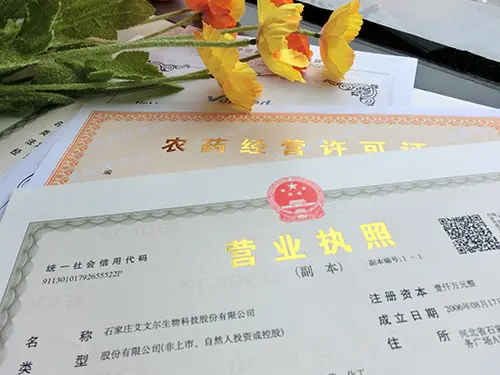
Certificate support
We provides various certificates, including SGS, IBO, and ICAMA. These certifications help customers gain a competitive edge in the market. Awiner assist clients in registering pesticides.
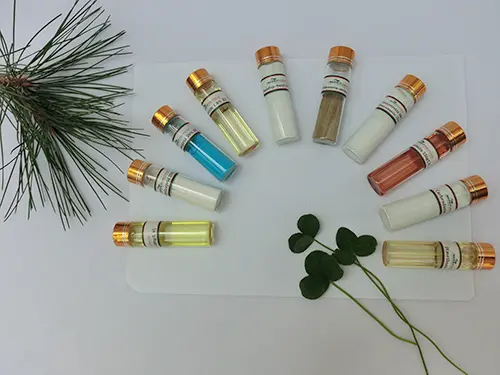
Customized pesticide formulation
A professional technical team will formulate pesticide single agents or combination products tailored to the local conditions and specific needs of crops in the customer’s region.
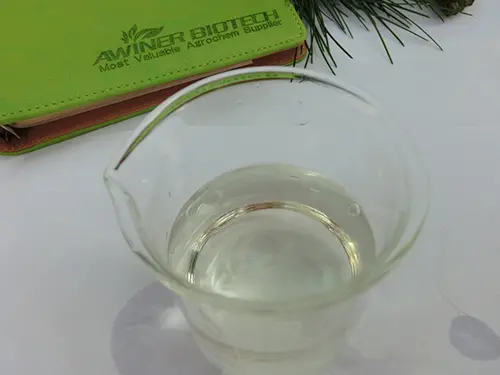
Support samples
Providing samples is part of our excellent service. Generally, samples can be provided within 3 days, and our staff will send them to customers as soon as possible according to the schedule.
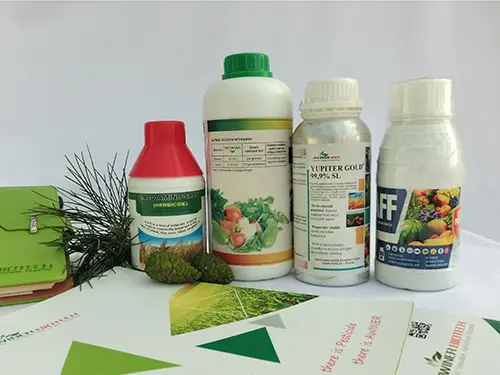
Packaging customization
Pesticide liquid bottles, aluminum foil bags, labels, logos, and more can all be customized to meet customer needs. Our professional design team provides quick design services for customers.
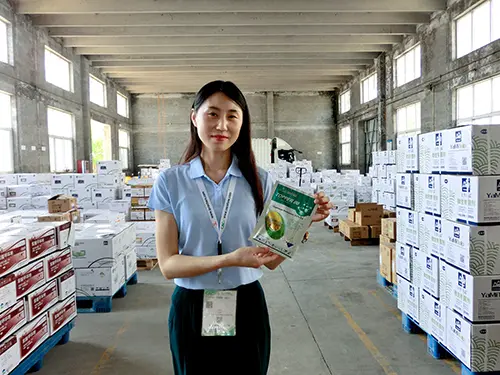
Market Assistance
We collaborate with multiple countries on pesticide exports and can provide customers with local market product data. This helps our clients quickly gain a foothold in the local market.
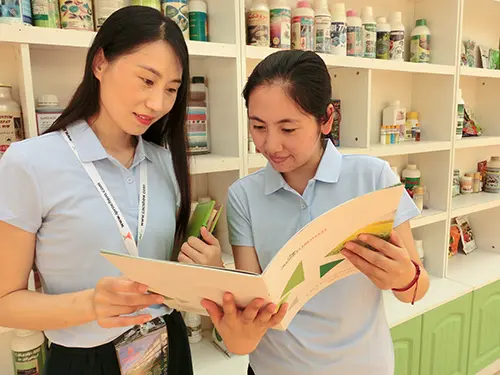
After-sales service
Pre-sales and production are our strengths, but our after-sales service is also a key advantage. Our professional after-sales team assists customers with customs clearance, sales, and other related issues.
